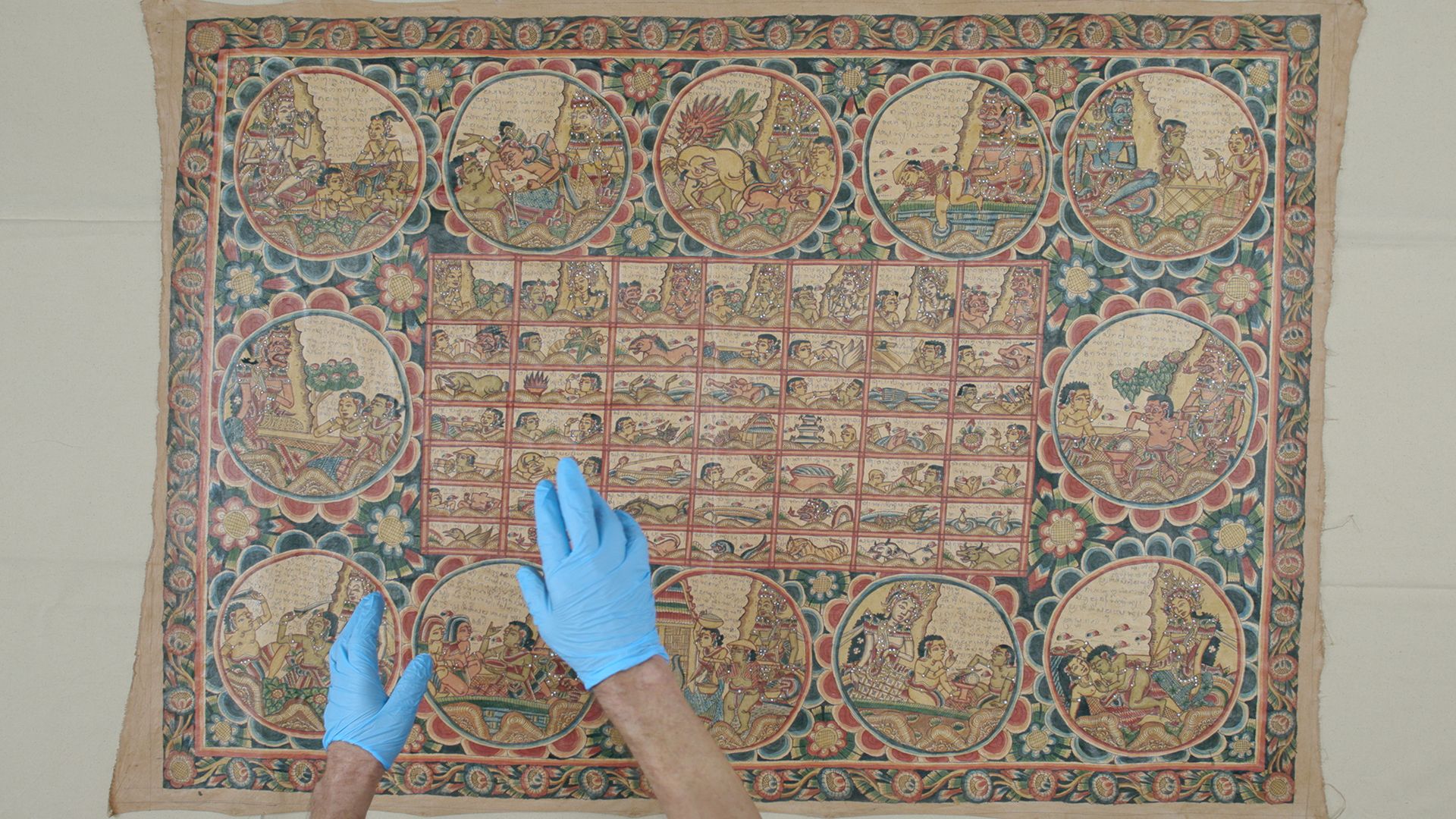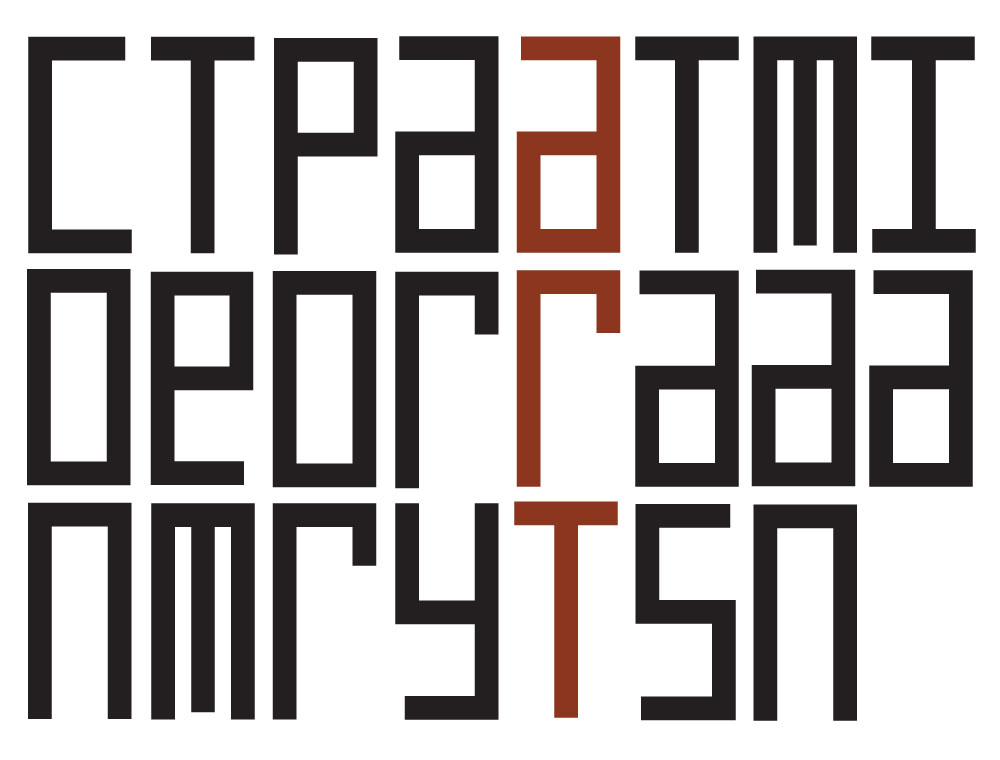A Dance Retold
Leyla Stevens
17 February–23 March 2024
Artist talk with Sharifah Emalia Al-Gadrie: 5pm, Friday 16 February
Opening: 5.30pm, Friday 16 February
Contemporary Art Tasmania
A Dance Retold, brings together two films by moving image artist Leyla Stevens that proposes a retelling of Balinese art histories through a matrilineal lens.
Using dance as a narration device, the exhibition invokes the presence of disciples, muses, and mothers made marginal or deviant within colonial and patriarchal interpretations of Bali’s art canon. Focusing upon the somatic instruction that occurs between the dance teacher and her students, both films imagine the dance rehearsal as a feminist ancestral space, where a matrilineal building and passing of knowledge occurs.
For the exhibition at CAT, two moving image artworks are shown together for the first time, conceived as two acts or iterations of shared research themes:
Patiwangi, the death of fragrance (2021) is in response to the work of Balinese women artists housed in Australian museums and how women are often made absent in these collection records. Parallel to this enquiry, the film draws upon overlooked biographies of female dancers who acted as muses to European painters during Bali’s late colonial period. The resulting two channel film constructs a speculative archive, connecting disparate disciplines, spaces and temporalities, as a way to re-think whose lineages are being told within the space of the museum collection and who gets to do the telling.
GROH GOH (Rehearsal for Rangda) (2023) re-imagines performance lineages surrounding the mythological figure of the Rangda: Bali’s queen of the graveyard and patroness of black magic. The story of Rangda, and her alter incarnation, the legendary witch widow Calonarang, occupies a central role within Bali’s spirit cosmology and frames a narrative around an undesirable woman as a dangerous and deviant social disrupter. Alongside her feared otherness, Rangda is conceived as a balancing force for spiritual order, and a powerful matriarchal protector. The film centres upon a group of Rangda’s disciples (léaks) as they learn how to perform Rangda, a character that is traditionally performed by men. In the final scene, a contemporary manifestation of Rangda appears, channelling her voice as an extreme metal vocal performance.

Leyla Stevens is an Australian-Balinese artist who works within a lens-based practice. Her work has made a significant contribution to expanded documentary genres in Australian video art, as well as exploring the reparative potential of artmaking framed within political and social justice issues. Her practice is informed by ongoing engagements with storied places, archives, cultural geographies and performance lineages through a transcultural lens.
In 2021 Leyla was awarded the prestigious 66th Blake Art Prize for her film, Kidung, which engages with Bali’s silenced histories of political violence. Her immersive multi-channel video installations have been exhibited widely through major national and international group exhibitions, including recent presentations at: Museum of Contemporary Art, TarraWarra Museum, UQ Art Museum, Art Gallery of New South Wales, Artspace Sydney, Campbelltown Arts Centre, Guangdong Times Museum and Seoul Museum of Art. She has been represented in prominent biennales exhibitions: The National 2021: New Australian Art; 2023 TarraWarra Biennial, and the 17th Jogja Biennale. Leyla’s works are held in significant institutional collections including Museum of Contemporary Art, AGNSW and Kadist. She is currently undertaking a one-year studio residency at Artspace, Sydney.
